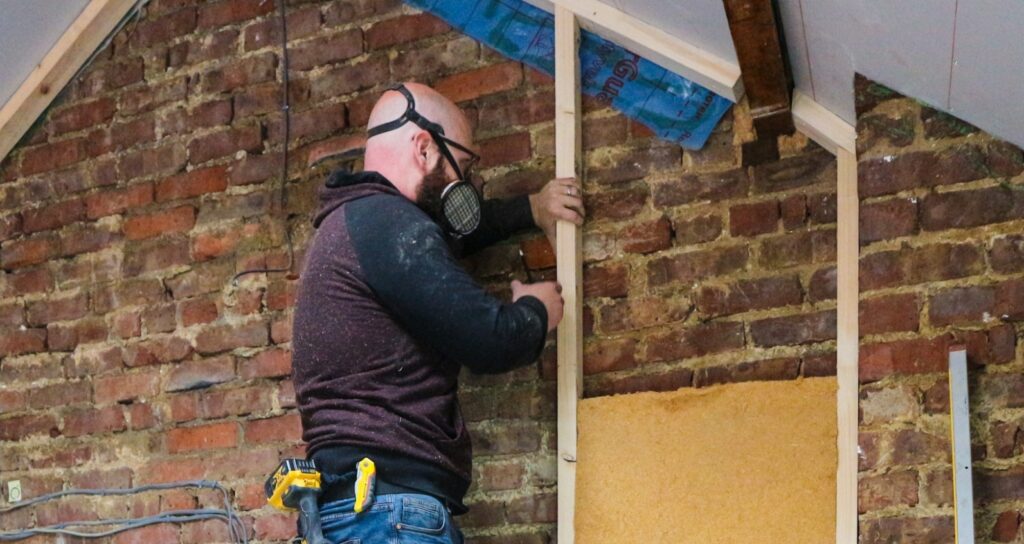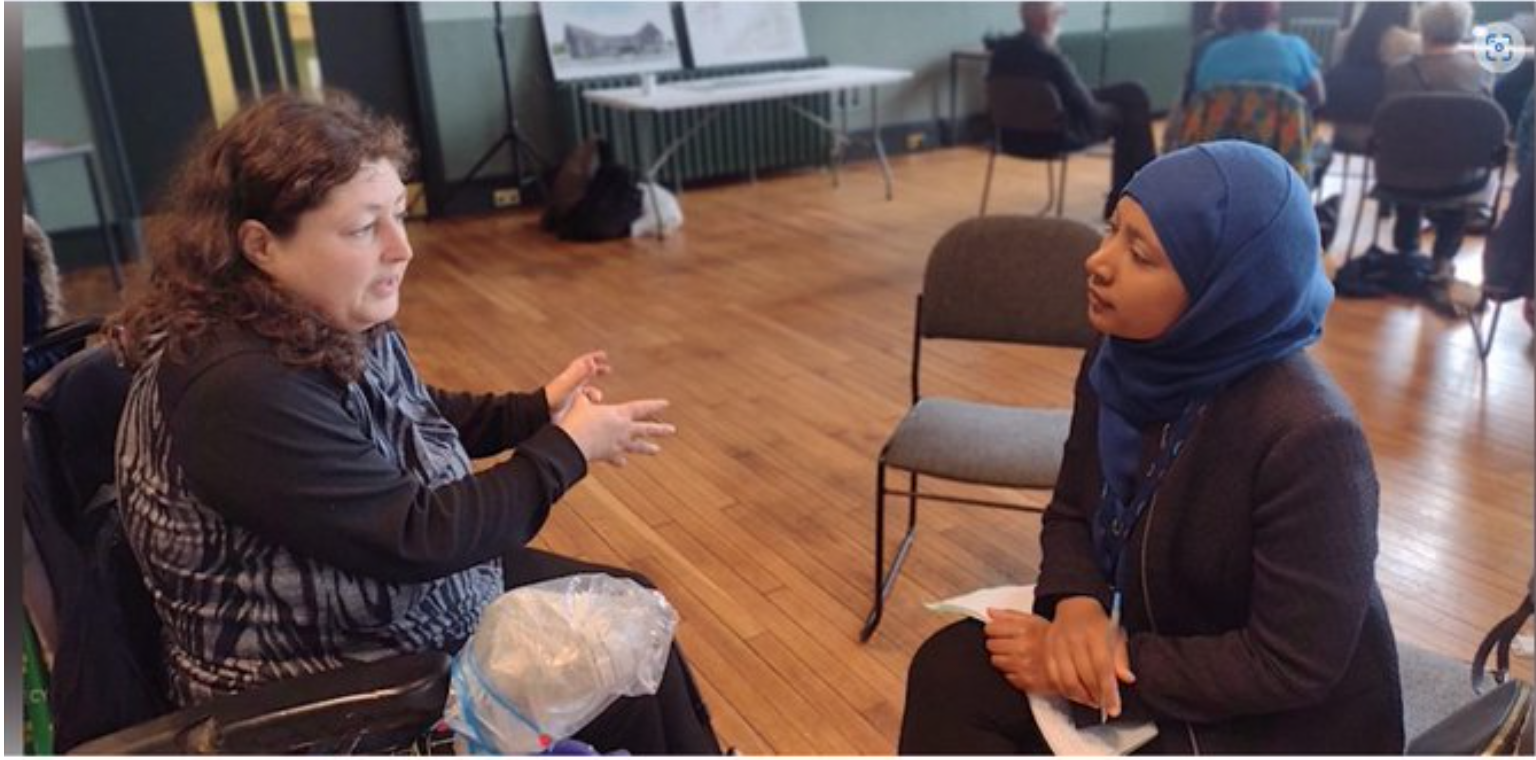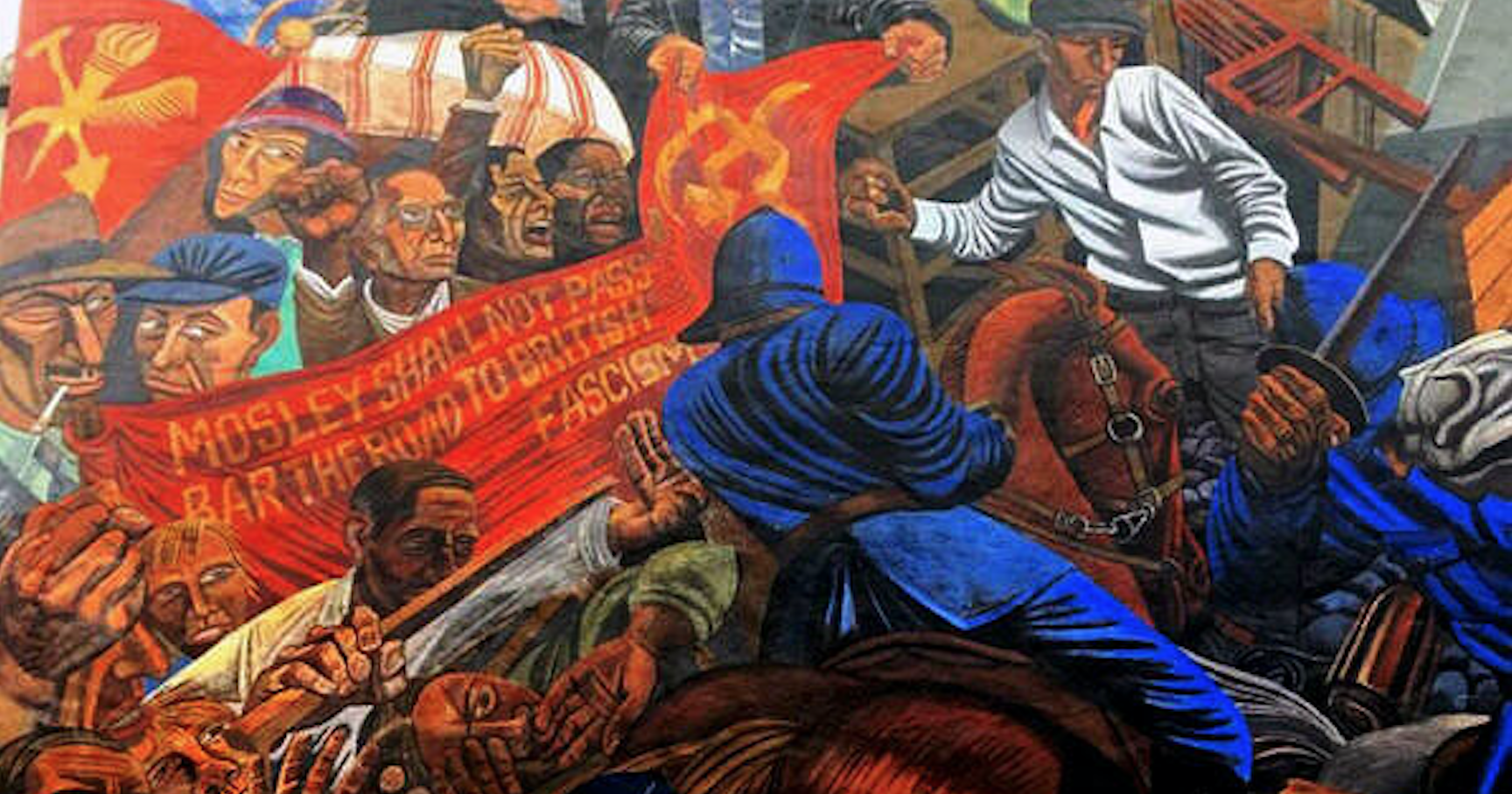By Greater Manchester Labour for a Green New Deal (@mcrLabGND)
Recently, a group of climate activists from Manchester Labour for a Green New Deal have made headlines across local and national outlets for their ingenious plans to retrain out of work theatre workers to retrofit homes to address the climate crisis. GMHA has long been in favour of mass retrofitting in our region, to create jobs, improve housing quality and increase energy efficiency. Here we sit down with some of the organisers to discuss their work.
Can you tell us, in brief, what this project is aiming to achieve?
Our aim is to support workers in creative industries made redundant by Covid-19 by keeping them in dignified work which aids our transition to a zero-carbon society. We envisage Retrofit Get-in being a place for theatre workers to come whenever they are between gigs, a job which can support their creative endeavours while promoting climate action.
When people think about cutting emissions, they usually think first about energy generation. But you’re saying that housing plays a big part too. Could you elaborate on the extent to which housing is responsible for emissions?
It’s important we have a green energy supply, but to transition to a zero-carbon society we also need to reduce energy demand. So we must look at the ways in which we consume energy. Housing is the third biggest contributor of greenhouse gas emissions behind energy and transport, accounting for 18% of UK emissions.
Why have you focussed on retrofit as an issue?
Retrofit is by no means a silver bullet, but it is economically and ecologically valuable work.
As well as cutting emissions, retrofit creates new employment opportunities both for building contractors and workers in other sectors with invaluable transferable skills, like creative industry workers. Retrofit could create 455,000 full-time jobs in the UK construction sector and more than three million jobs across other sectors as part of a transition to a green economy. If we want a green, just post-Covid recovery retrofit seems like an obvious starting point!
What are the challenges facing you in this work?
Retrofitting requires a multiskilled workforce, hence why theatre techs were a good fit for the project. Technical colleges at best seem disinterested in providing training for the skills people will need to work in this huge growth industry. With that we will need to build our own training programs and that requires funding and more people to get involved to really make this work.
Has there been wider interest in your work — for example from the trade union movement?
So far not very much, we get the feeling many unions are working tirelessly now to try and stop the bleeding when it comes to their members and dealing with redundancies and the other crises from the pandemic. Hopefully this project can be a part of that. Our goal is to create well paid, green co-operative jobs and we don’t see why any union couldn’t support it.
What are the next steps for you?
To expand the project outwards to more people in different industries and create training for them to learn on the job, as stated above we need half a million people to work in retrofit to take on the climate crisis, so we need scale and structure to really have a positive effect on the region.
In your bio on Twitter you have a quote by Mastini — ‘The GND is a contested concept, it is a battlefield, and its meaning and ambition will be the result of the struggle waged by social movements’. Could you elaborate on what this means for you?
We were watching a talk on Degrowth and the GND, in which Riccardo Mastini was a panelist. Whilst talking about the power of Green New Deals he said this quote and it really struck a chord with us. There are definitely two areas in which GND’s are being developed. One is academic in which intellectuals are theorising about economic and political systems and the other is within the social sphere, which is about connecting these ideas to working people and showing, where possible, how GND ideas look in practice. We believe that both these areas are extremely important but for a GND to become a reality working people need to be convinced and inspired to get behind it. We believe we cover both aspects, in that the work we do on our podcast is the intellectual development of what a GND should consist of and the real work now being done with retrofitting is putting these ideas into practice.
How can people get involved?
The petri-dish of all our GND ideas come from Mcr Labour for a GND, which is a group that doesn’t have general meetings every week but is set up for people who have the time and will to be active. We have agreed on a set of principles and aims that every member has access to, and if a member believes that an action sits within these principles then they are encouraged to set something up and others will then join if they can.
We are always after new members so people get in touch via our email (mcr.lgnd.national@gmail.com) or via twitter (MCRGND_POD) or our facebook DM’s. Alternatively, if people want to get more involved in the ‘Retrofit Get-In Project’ then you can find out more and sign up on https://www.retrofitgetinproject.com/ or you can contact Andrew directly at agaglassford91@gmail.com.
Photo credit, Alex King.
4 December 2020





